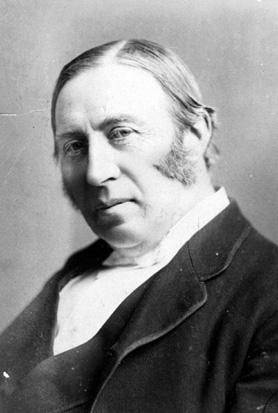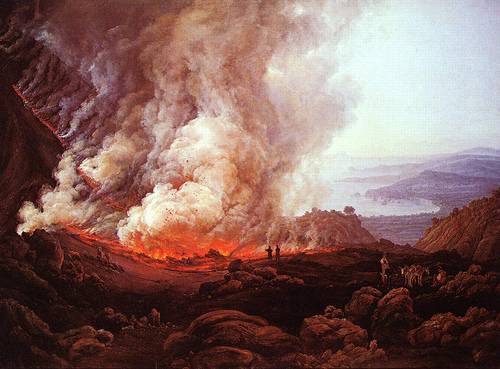In 1999, UC-Davis civil engineer David Phillips was grocery shopping when he noticed something peculiar. Healthy Choice Foods was offering frequent-flyer miles to customers who bought its products. But a 25-cent pudding would bring 100 miles — the reward was worth more than the product itself.
Recognizing a good thing, Phillips bought 12,150 servings of pudding for $3,140, claiming he was stocking up for Y2K. Then he enlisted the Salvation Army to help him peel off the UPC codes, in exchange for donating the pudding.
He mailed his submission to Healthy Choice, and to their credit they awarded him 1.25 million frequent-flyer miles, enough for 31 round trips to Europe, 42 to Hawaii, 21 to Australia, or 50 anywhere in the United States.
There’s no downside. Phillips also got Aadvantage Gold status for life with American Airlines, which brings a special reservations number, priority boarding, upgrades, and bonus miles. And he got an $815 tax writeoff for donating the pudding.
(Thanks, Brendan.)


